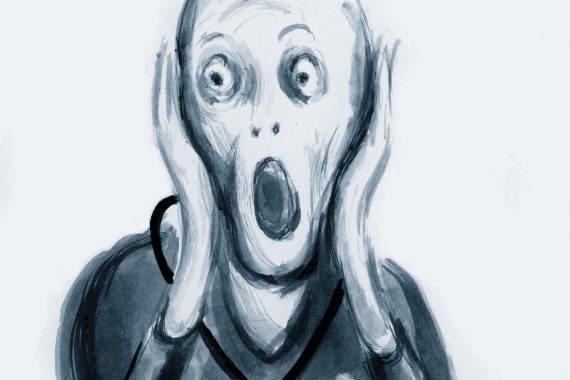I doubt anyone would criticise the decision of the General Pharmaceutical Council (GPhC) to ‘warn’ a pharmacist against giving inappropriate advice to a customer. Particularly when, according to a news story in Chemist and Druggist, that customer was told by the pharmacist that it might be an option to get his daughter, who was just developing symptoms suggesting type 1 diabetes, to see an iridologist. No one is going to condone that advice, certainly not diabetologists, clearly not pharmacists, and presumably not even the ‘Guild of Naturopathic Iridologists International – the leading body for qualified iridologists in the UK’ (yes, really).
Cut and dried, isn’t it? Well, not quite. While this example seems outrageous, it’s merely at the extreme end of a couple of spectra – specifically, medicine ranging from the evidence-based to the snake-oily, and advice ranging from explicit to implicit – which intersect, quite uncomfortably, in the average pharmacy.
Pharmacists get on with their jobs, mixing science with hogwash, hoping that GPs will one day take them seriously
In this case, that intersection is clearly at the point of ‘dangerous advice’. But what about situations involving the sale of, let’s say, useless herbal remedies, or copper bracelets for rheumatism or, to quote my personal favourite, a special glove to improve the efficiency of breast lump detection during monthly self-examination? Not dangerous, maybe, but misleading, useless and potentially diverting from effective interventions. And not ‘advised’ perhaps, but the implication of sale is surely a pharmacist recommendation of some sort?
And where does the GPhC stand on these examples, which are less blatant and extreme than iridology for T1DM but which lie on the same continua? Nowhere to be seen, as far as I can tell. In the meantime, pharmacists get on with their jobs, mixing science with hogwash, hoping that GPs will one day take them seriously. They know, despite all the brave talk about pilots, that we can’t, not until the GPhC shows some consistency. You can see it in their eyes.
Dr Tony Copperfield is a GP in Essex. You can follow him on Twitter @DocCopperfield

















